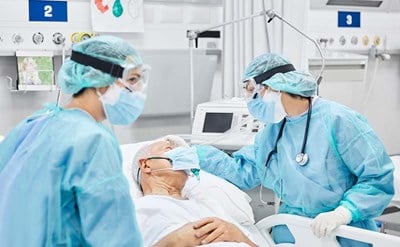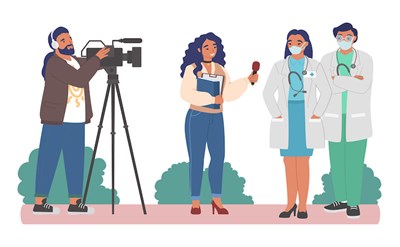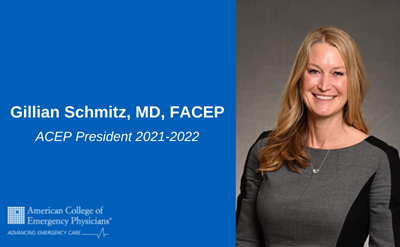WASHINGTON, D.C.—During Alcohol Awareness Month, the American College of Emergency Physicians (ACEP) urges everyone to recognize the signs that being overly intoxicated has become a medical emergency and to avoid consuming unsafe amounts of alcohol.
“Any celebration can quickly turn into a nightmare when unsafe levels of alcohol are involved,” said Gillian Schmitz, MD, FACEP, president of ACEP. “The best way to prevent a trip to the emergency department is to plan ahead, make responsible choices and know your limits.”
Alcohol is one of the top causes of preventable deaths and more than 17.6 million people (one in 12 adults) suffer from alcohol abuse or dependence, according to the National Council on Alcohol and Drug Dependence. In the United States, an average of 261 people die from excessive drinking every day, according to the Centers for Disease Control and Prevention (CDC).
Emergency physicians offer these tips to stay safe when there is alcohol involved:
Plan ahead by making transportation arrangements or choosing a designated driver. Charge cell phones before a celebration starts and be sure to communicate plans to friends or loved ones so that more than one person knows the whereabouts of people who may be having drinks.
Do not consume drinks on an empty stomach and pace yourself throughout your evening. Consider alternating one glass of water for every alcoholic beverage. If champagne is part of the celebration, be mindful to point the cork away from others when opening the bottle. Do not leave a drink unattended.
A high level of alcohol consumption can lead to overdose or poisoning. Intoxication has turned into poisoning when there are signs of:
- Vomiting
- Seizure
- Blue skin
- Choking
- Loss of consciousness
- Slurred speech or extreme confusion
If somebody has been drinking and shows signs of alcohol poisoning, it is time to go to the nearest emergency department. If the person cannot breathe, has a seizure or cannot be woken up, call 911 and request an ambulance. Alcohol hinders thinking, seeing, the ability to pay attention, reflexes and reaction times. Do not drink and drive.
There is no safe amount of alcohol that can be consumed before driving. Everyone handles alcohol differently and it is possible to become impaired after just one drink.
“Most alcohol-related emergencies are preventable, and many are heartbreaking,” said Dr. Schmitz. “Avoid a tragedy by choosing to drink responsibly and in moderation, if at all.”
 American College of Emergency Physicians
American College of Emergency Physicians







